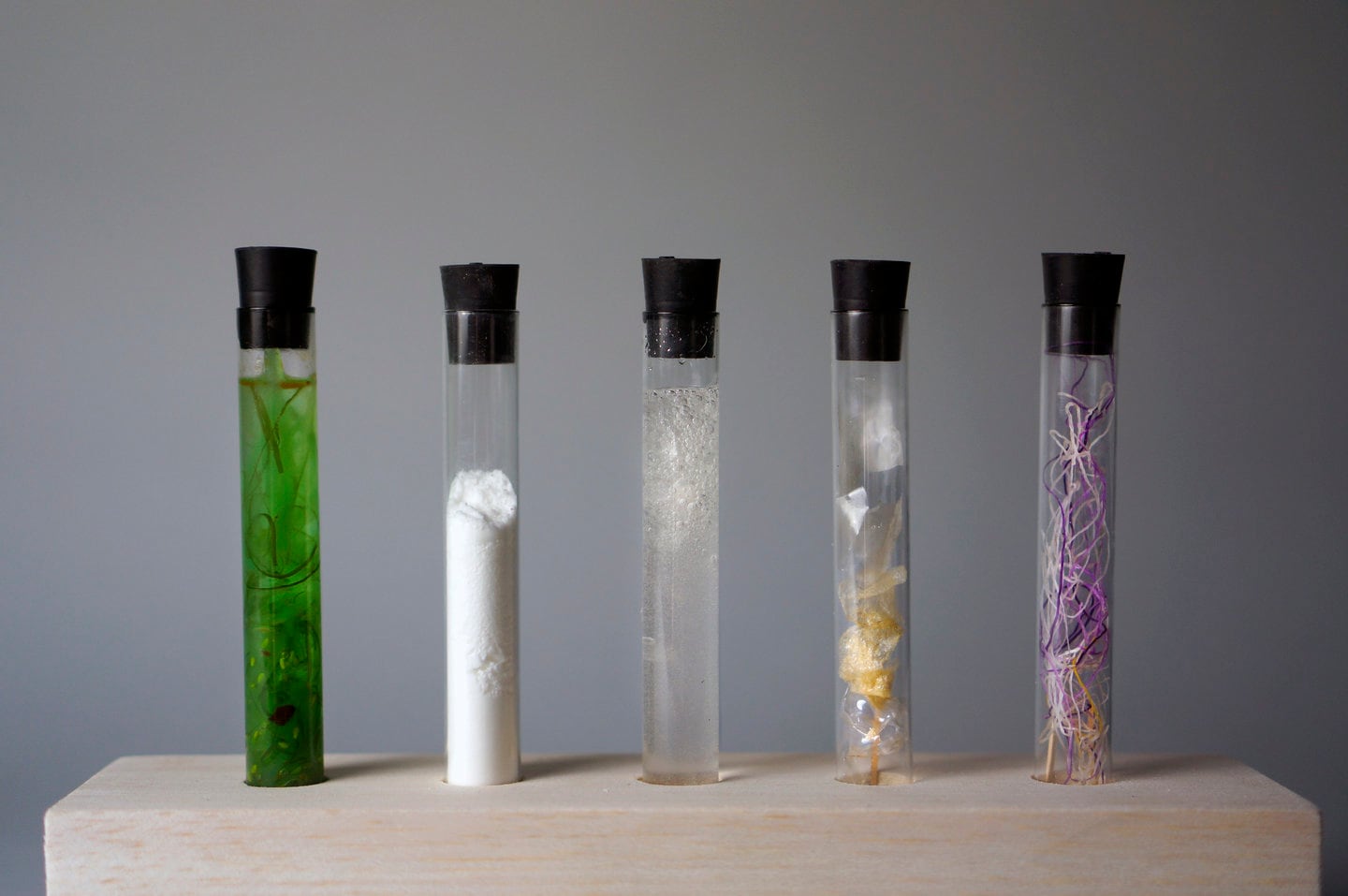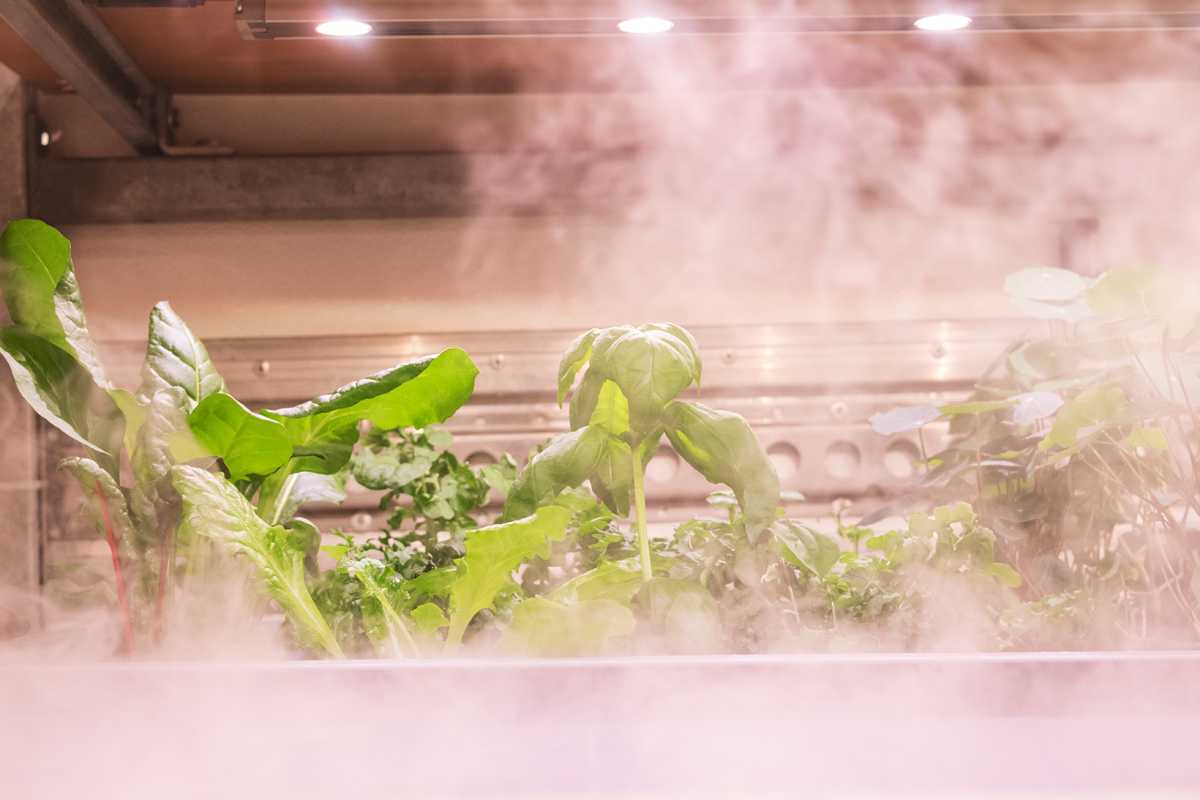2018’s top five start-ups working to reverse global warming compete in UK Postcode Lottery Green Challenge
One of the world’s biggest competitions in the field of sustainable entrepreneurship has revealed 2018’s top five start-ups working to reverse global warming.
The Postcode Lottery Green Challenge focuses on innovative and creative entrepreneurs who are starting out on their green business journeys. To be eligible to win the grand prize of €500,000, entrepreneurs must enter a product or service that reduces CO2 emissions and scores highly on design, user friendliness and quality are eligible to win.
An air bubble curtain to battle plastic soup
Anne Marieke Eveleens is a 29 year old sailor and co-founder of the Dutch start-up The Great Bubble Barrier, from Amsterdam. Approximately 80 per cent of the plastic floating in the oceans enters the sea via rivers. In order to tackle plastic soup, The Great Bubble Barrier has developed an air bubble screen for use on riverbeds that catches plastic before it arrives at sea. The Great Bubble Barrier sends high-pressure air through a perforated tube on the riverbed. This creates an air bubble curtain that blocks both the stream of plastic waste on the surface and the floating microparticles underwater. The plastic then floats to the waterfront along the air bubble curtain, where it is collected for recycling.
Storing renewable energy in water and kitchen salt
TU Delft spin-off AquaBattery has developed an energy storage system that works on the basis of water and table salt instead of rare, and therefore expensive, raw materials. Because no chemical reaction is required to store and release energy, this innovation offers a sustainable solution for storing energy that has been won from renewable resources, such as wind and solar energy. The non-toxic composition and scalability of the ‘Blue Battery’ make this energy storage system also suited for urban areas. Being able to sustainably store the increasing amounts of renewable energy is crucial to the transition to sustainable energy. Emil Goosen, 29, co-founder of AquaBattery, will represent the start-up at the final.

Seaweed textile
Tessa Callaghan, 26, is co-founder of the American start-up AlgiKnit. This company makes fibres from kelp (a type of seaweed) that can be spun into yarn. By using biomaterials, AlgiKnit offers a solution that could transform the highly polluting textile industry into a circular economy. After having been used, this seaweed textile can serve as compost or animal feed. It also reduces the carbon footprint of the clothing industry, because no harmful fibre particles are lost during washing, such as is the case with polyester. The company is working on a prototype of a T-shirt and sneakers will be next.
Growing crops in the mist
British start-up LettUs Grow is represented by co-founder Charlie Guy, 25. One third of the global carbon emissions can be traced back to our food production processes. As a result of the increasing global population, emissions are increasing even further and farmland is becoming scarce. Vertical urban farming offers a solution. This is a type of agriculture where stacked cultivation layers are used in factory halls or empty office buildings. By making use of vertical space, the yield per square metre is higher than with traditional agriculture.
LettUs Grow has developed a unique growing method for this type of cultivation. Contrary to methods where crops are grown in soil or water containers, LettUs Grow lets the roots hang in a dense, nutritious mist. This results in a better harvest, and significantly less water and energy consumption. Also, by growing the crops closer to the consumer, the carbon emissions caused by transport decrease as well.

Recycling marketplace for the textile industry
Ann Runnel, 36, from Estonia is founder of the Reverse Resources start-up. Reverse Resources is a software platform for the clothing industry’s recycling process. Using the platform, clothing manufacturers can directly align their supply of waste textiles with textile recyclers. This allows textile recyclers to gain better insight into the quality of the waste flows, and will result in a decrease in the demand for new fabrics (-3 per cent), as well as in wasted textiles (-20 per cent) in factories. Until now, this was impossible and many waste textiles remained unused. As a result, they were eventually incinerated. The platform also offers a solution for mapping and tracing waste textiles from the textile and clothing production process.
On September 13, these five entrepreneurs will present their business plans to an international jury, the press and the public in Amsterdam, the Netherlands. During the final, it will be announced which start-up will go home with the grand prize of €500,000.










